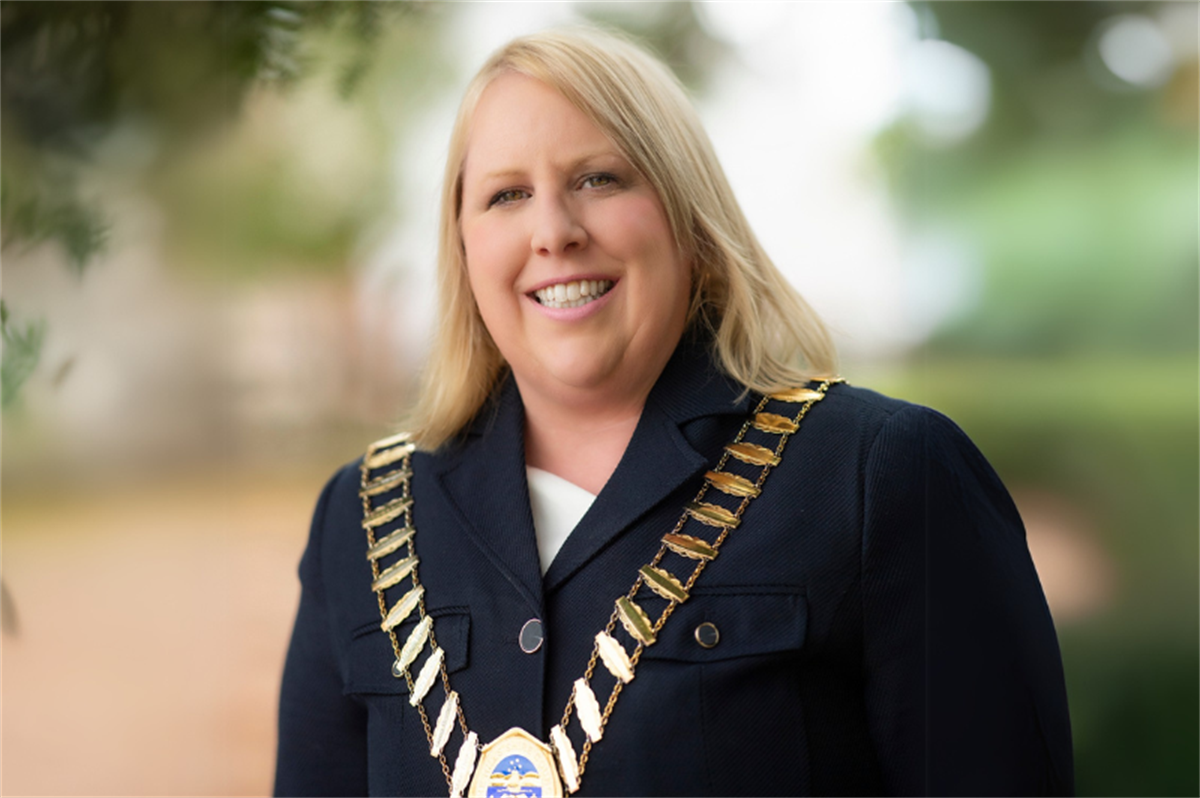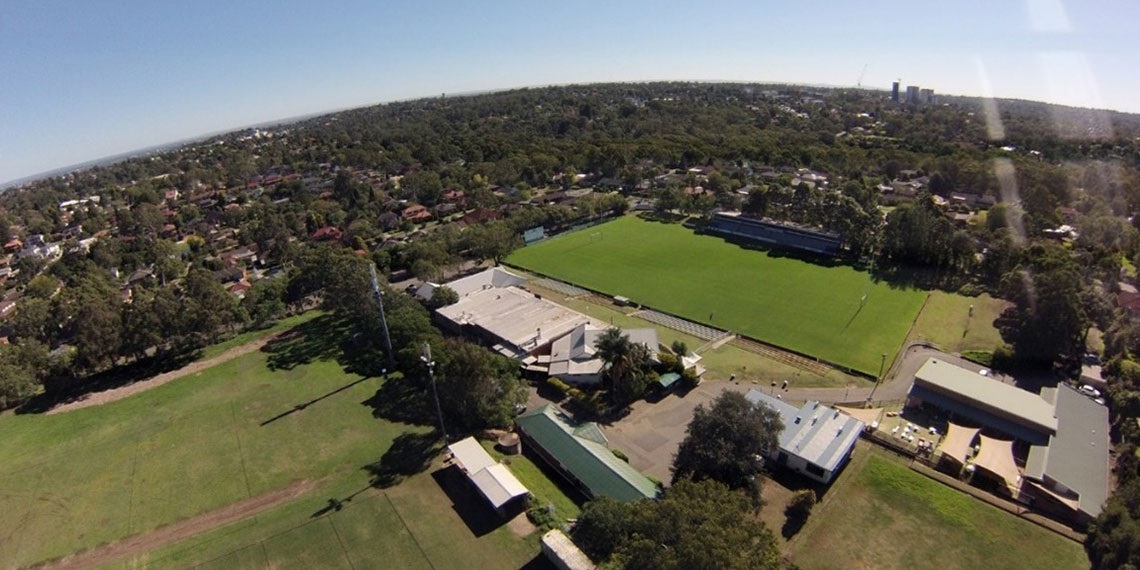NSW Health is again alerting Sydney residents after a man recently returned from the Philippines with measles.
The Sydney resident, who is aged in his 30s with an unknown vaccination status, developed measles a few days after returning home. He required hospitalisation for his symptoms but is no longer infectious and recovering at home.
The man is the 21st person in NSW to have been diagnosed with the highly-contagious disease since Christmas.
Local public health units are working to identify and contact people who may have been exposed when the visited the following locations:
- Redfern Station Medical Centre and Redfern Discount Drug Store on Saturday 9 March between 10:15am and 11:15a
- Sydney Hospital, including the Eye Clinic and Emergency Department, on Monday 11 March between 10:30am and 11:15am
NSW Health Director of Communicable Diseases Dr Vicky Sheppeard explained that while those places do not pose an ongoing risk, people who may be susceptible to measles and were present at the above locations at the same time as the man, should contact their local public health unit for advice on 1300 066 055.
Preventive injections can be given to highly-susceptible people up to six days after exposure to measles.
As the time from exposure to the onset of symptoms is between a week and 18 days, people should look out for symptoms until March 29. Symptoms include fever, sore eyes and a cough followed three or four days later by a red, blotchy rash spreading from the head and neck to the rest of the body.
“If you develop symptoms, please call ahead to your GP to ensure you do not wait in the waiting room with other patients,” Dr Sheppeard said.
Outbreaks of measles in popular tourist destinations, particularly the Philippines, means the risk for measles being imported into Australia remains high.
“The measles-mumps-rubella vaccine is safe and effective protection against measles. It’s free for anyone born during or after 1966 who hasn’t already had two doses. If you’re unsure whether you’ve had two doses, it’s safe to have another.”
Measles is highly contagious and is spread in the air through coughing or sneezing by someone who is unwell with the disease.
For more information on measles visit:
/Public Release. View in full .








